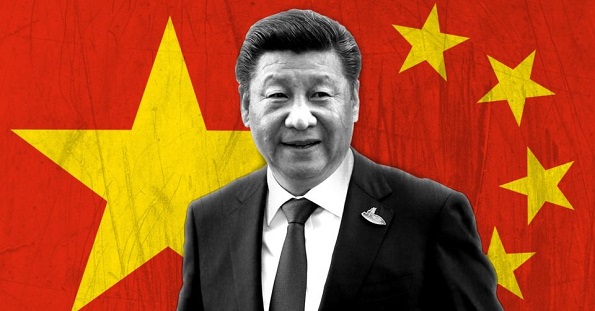Evie Bowden
Lady Eleanor Holles School, United Kingdom
To what extent have emerging social movements caused politicians to respond with effective social change?
‘Effective social change’ is difficult to define. Should social change be measured in statues toppled, in flags changed, in buildings renamed? Should social change be measured in diversity officers appointed, in hours of equality training undertaken, in progressive leaders celebrated? Or should social change be measured in reviews commissioned, power granted, funding generated? There is little agreement on this debate, which was reignited by the rise of the Black Lives Matter movement, in the wake of the murder of George Floyd on May 25, 2020. Yet almost everything mentioned above has happened: protestors in Bristol toppled a statue of Edward Colston, a 17th century merchant with strong ties to the Atlantic slave trade2, the number of diversity officers appointed at major companies has exploded,3 and Boris Johnson commissioned a report into ‘Race and Ethnic Disparities’ in the United Kingdom. Yet politicians themselves have done very little, and while the Black Lives Matter movement has received unparalleled exposure, catapulting race relations to the top of the political agenda, little concrete change has occurred.
An obvious question to ask is ‘what are politicians supposed to do?’. While almost every politician in Western democracies has, when asked directly, affirmed a commitment against racism, many have found their hands tied. Politicians are fundamentally representative. In democracies with regular election cycles politicians are bound to act in accordance with the will of voters, or face being removed the next time their seat is up for election. In fragmented societies with two dominant parties and clear political divides, such as the USA and to a lesser extend the UK, this discourages politicians from making radical social changes in response to emerging movements. If politicians go too far in any direction, they risk alienating swing, and even core, voters, and thus harming their own political careers. The rate of change is constrained and can only be accelerated through the election of politicians on a strong mandate to affect this change. Change must therefore be incremental and come from people rather than legislators. In his article ‘Is There a Culture War?’4 William Jacoby terms political culture as “the general framework of values that characterizes the orientations of a nation’s citizens” Attempts by legislators to enforce social progress beyond what the culture currently accepts– “top-down change” – is ineffective and risky,
their political changes electoral issues and succeeded in getting politicians elected, such movements can hardly still be called ‘emerging’.
Indeed, in Britain, the report produced by the government’s Commission on Race and Ethnic Disparities went further, arguing that it ultimately was not governments responsibility to cause social change and shift attitudes. According to the report, the Commissioners “increasingly felt that an unexplored approach to closing disparity gaps was to examine the extent individuals and their communities could help themselves through their own agency, rather than wait for invisible external forces to assemble to do the job.”5 Such a statement calls into question the very premise of this question: politicians may not have responded to emerging social movements with effective social change, but they might not even need to do so. While such a report might be seen as a government absolving itself of social responsibility, it raises important questions about not only the government’s ability to create social change in response to emerging social movements, but also its incentives and duty to do so.
Increased government involvement in rapid social progress risks alienating ordinary people, in a way that is both damaging to the government and the movements themselves. Indeed, backlash groups already exist, for example Counterweight, described in a recent Atlantic article6 as a “support group for the unwoke”: “a support group for people who feel that they are being pressured to endorse what she calls ‘critical social justice’ […] or [are] being forced to affirm beliefs that they don’t have about race or about gender.” About two-thirds of Counterweight’s clients are Americans, and the rest are a mix of Brits, Canadians, and Australians.” The existence of such groups highlights the danger of rapid social change: in a world where some
people already feel pushed to endorse values that they do not fully subscribe to, government intervention only exacerbates such issues. Returning to Jacoby’s idea of political culture, there is a real risk of the government acting beyond what the culture will allow if it responds forcefully in alignment with emerging social movements.
The socially effective emerging social movements are almost oxymorons: by the time social movements have established themselves enough to create lasting social change, they can no longer be termed ‘emerging’. And attempts to rush this process rarely create the broad cultural change they seek. Mature social movements cause social change, emerging social movements do not.





